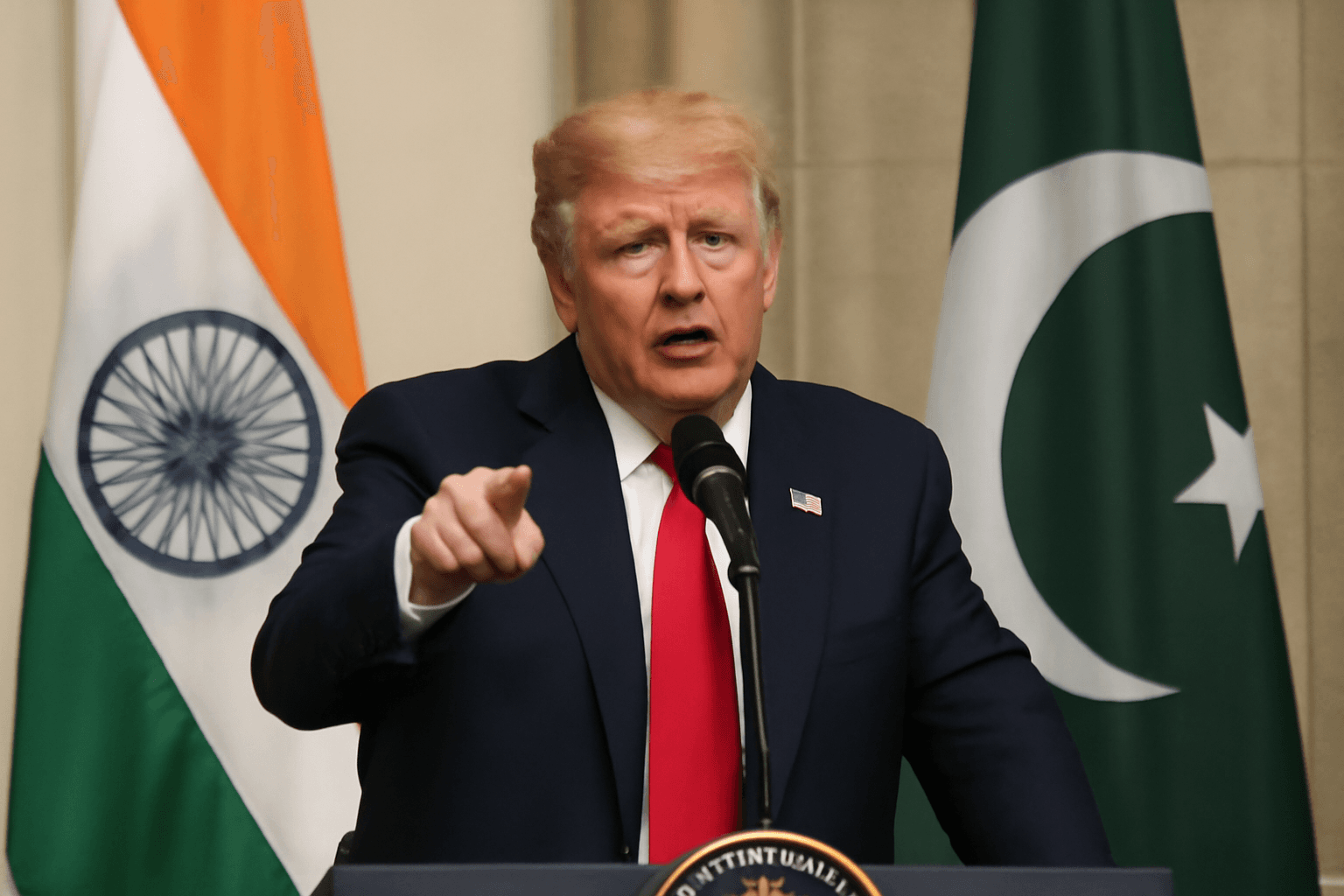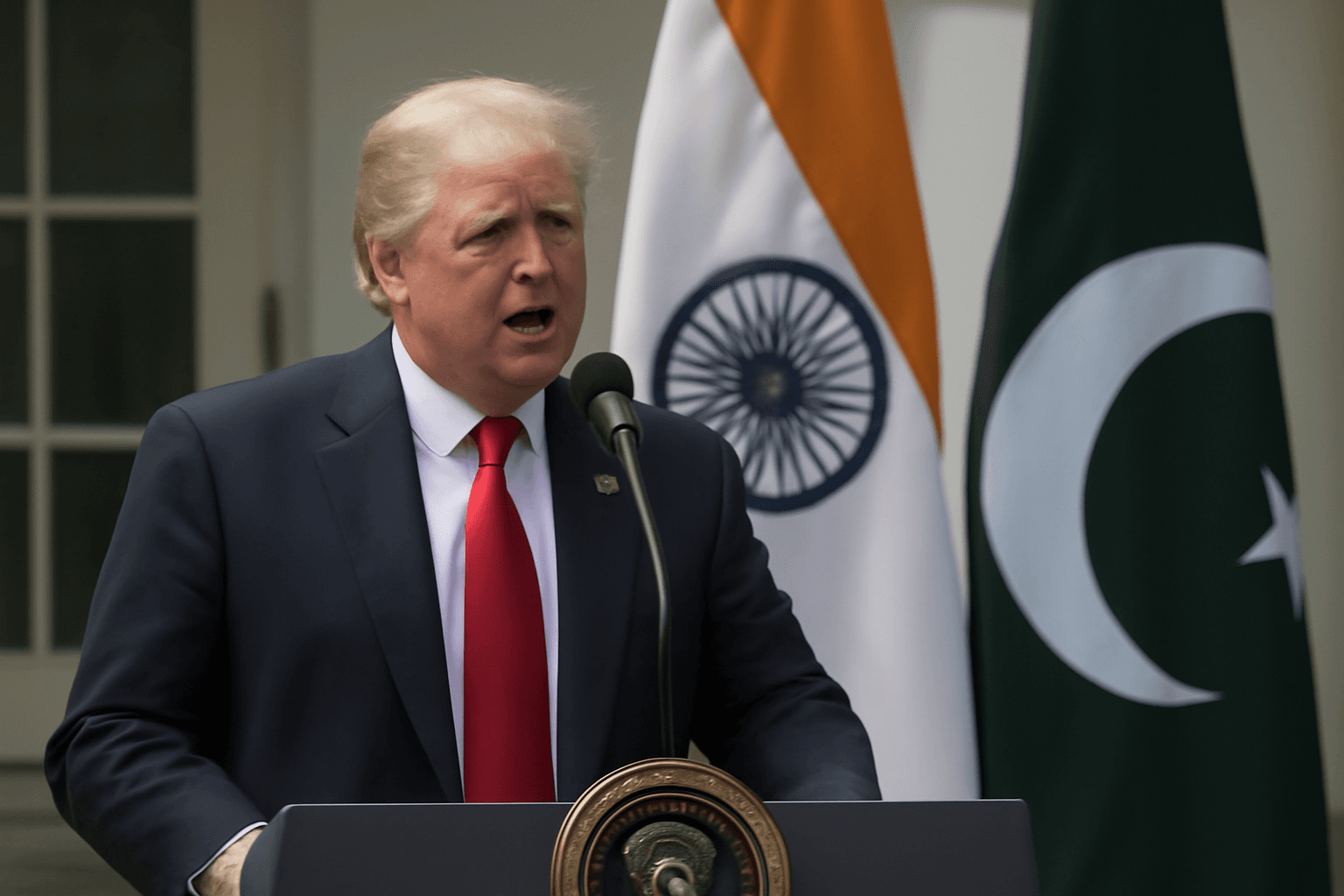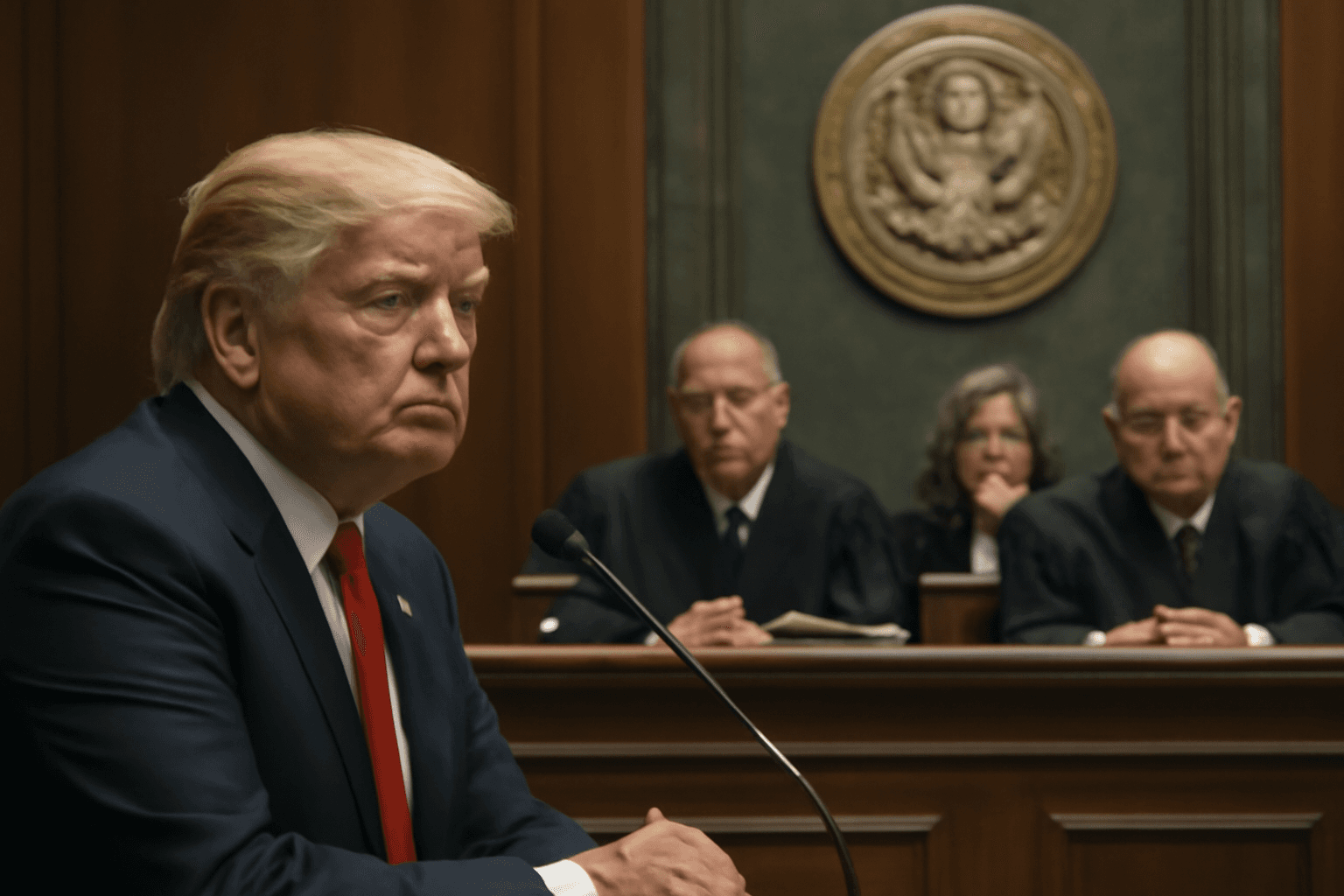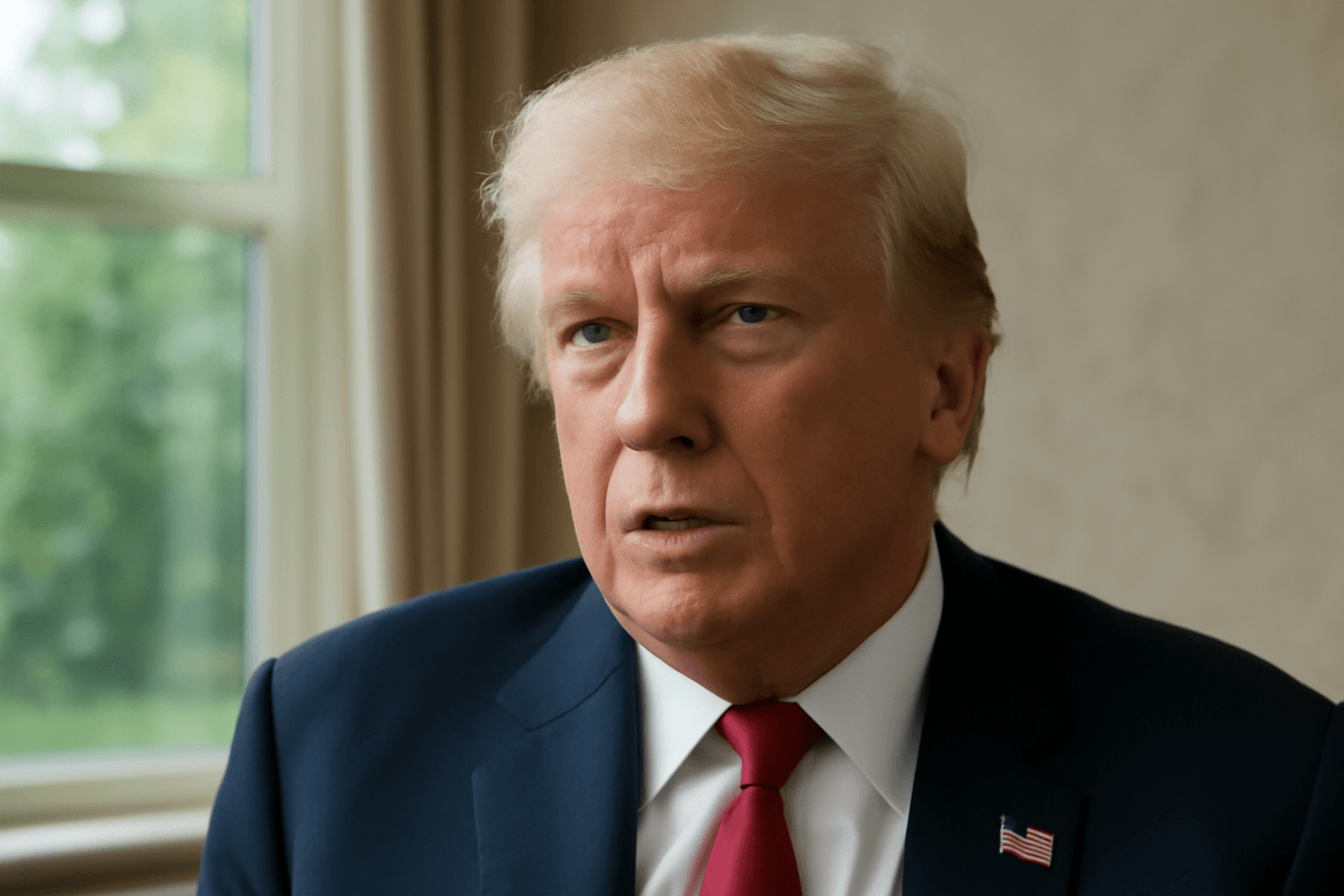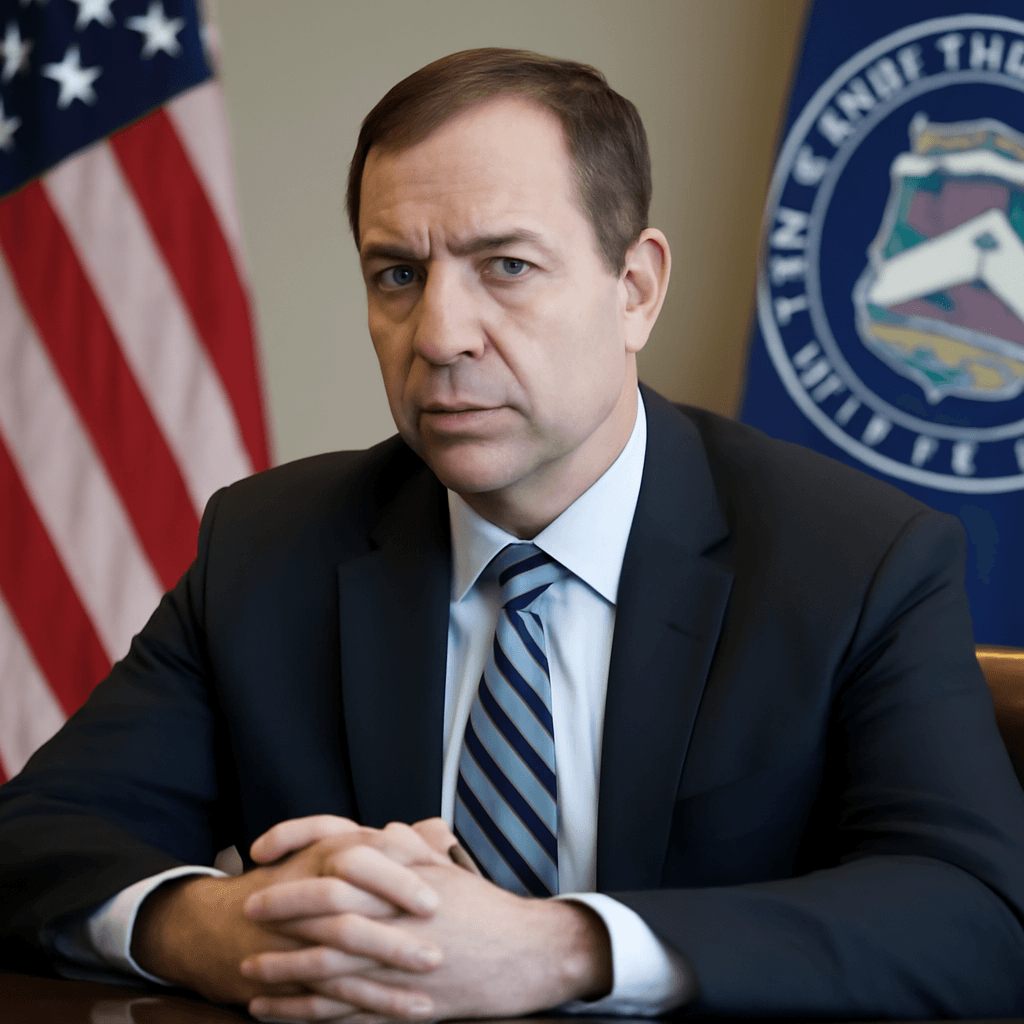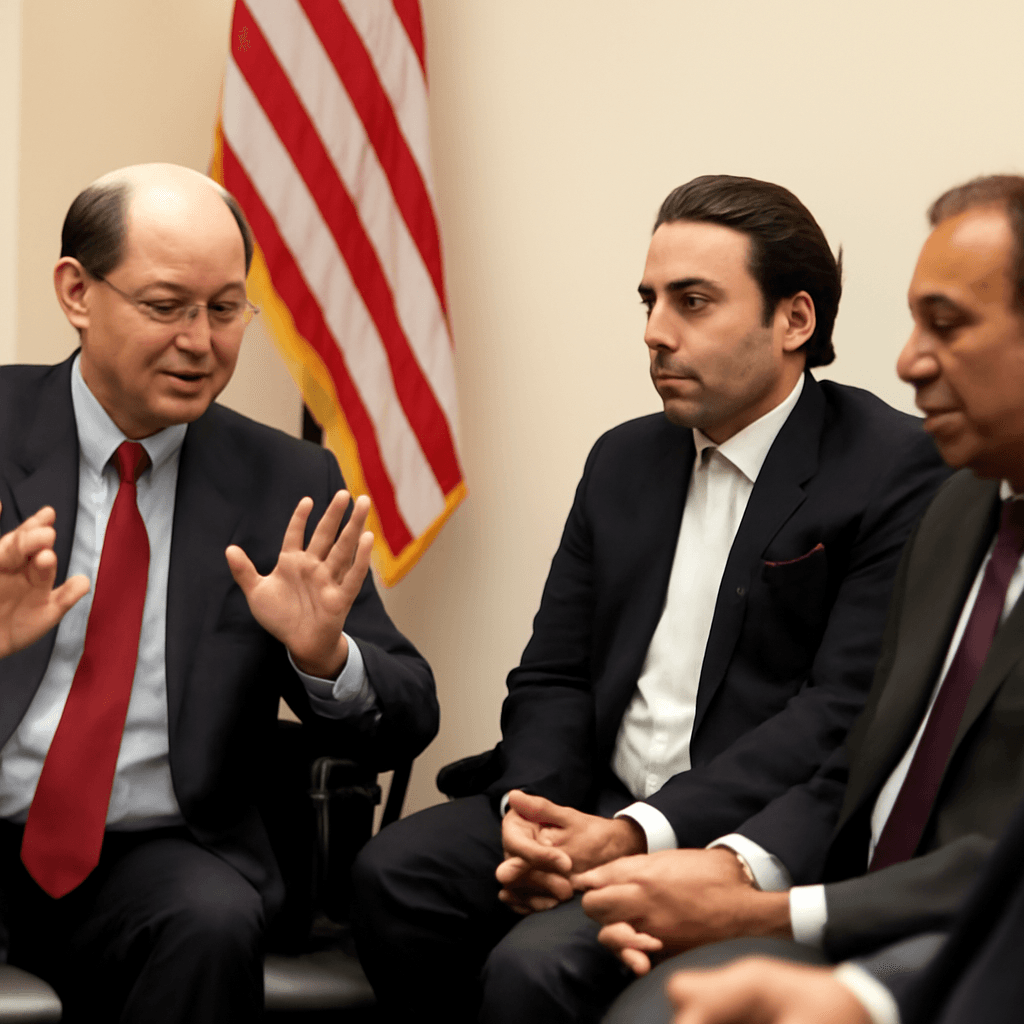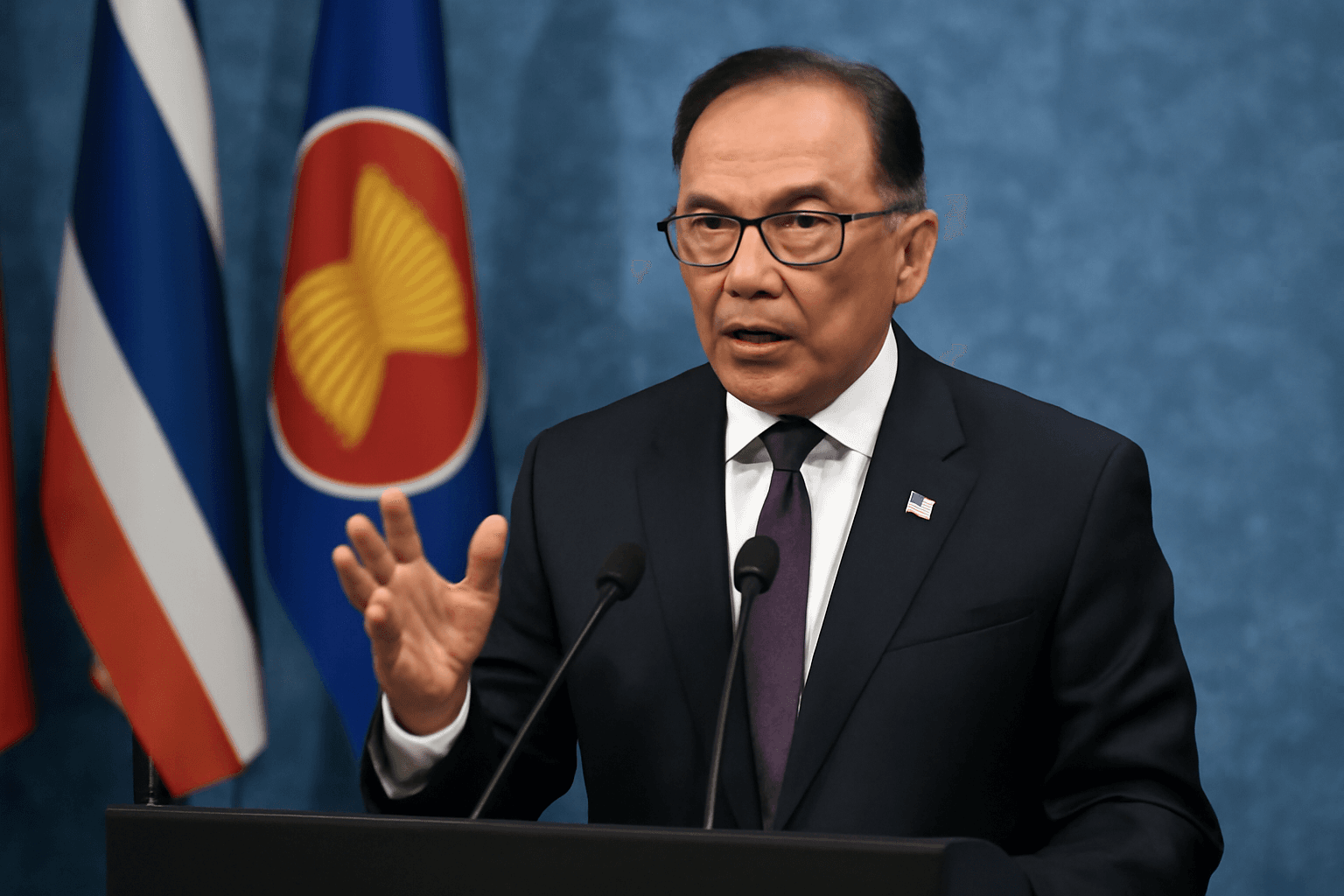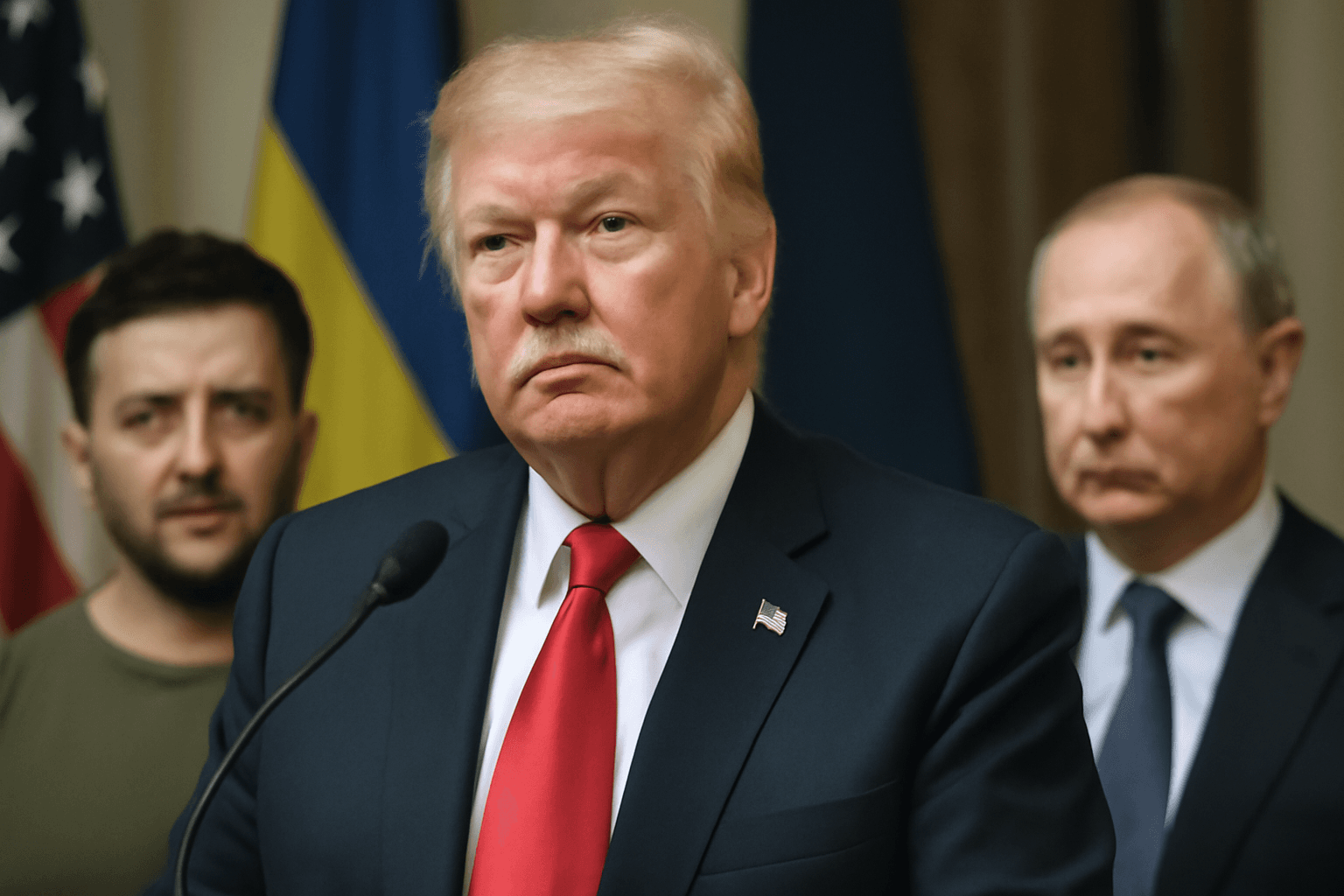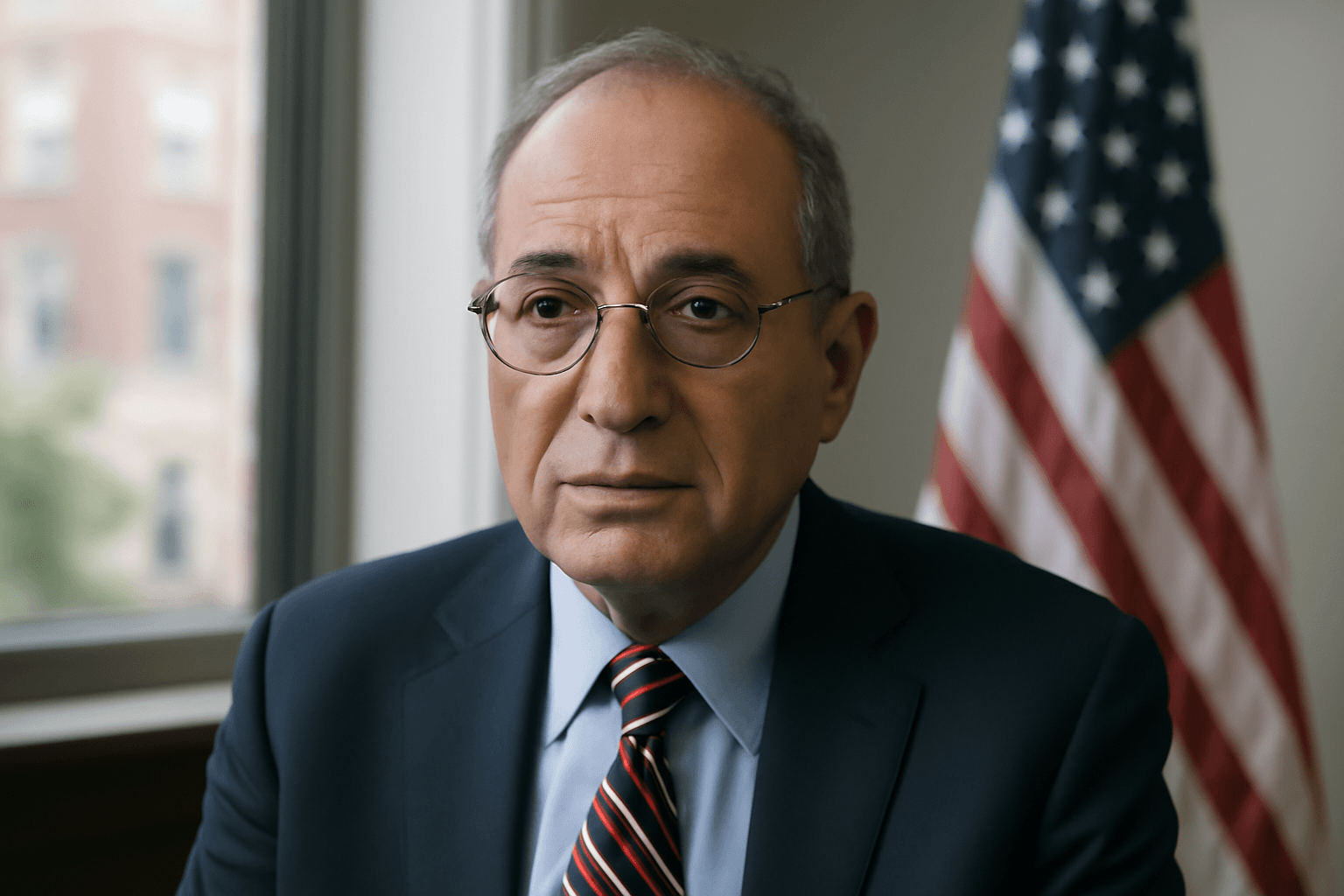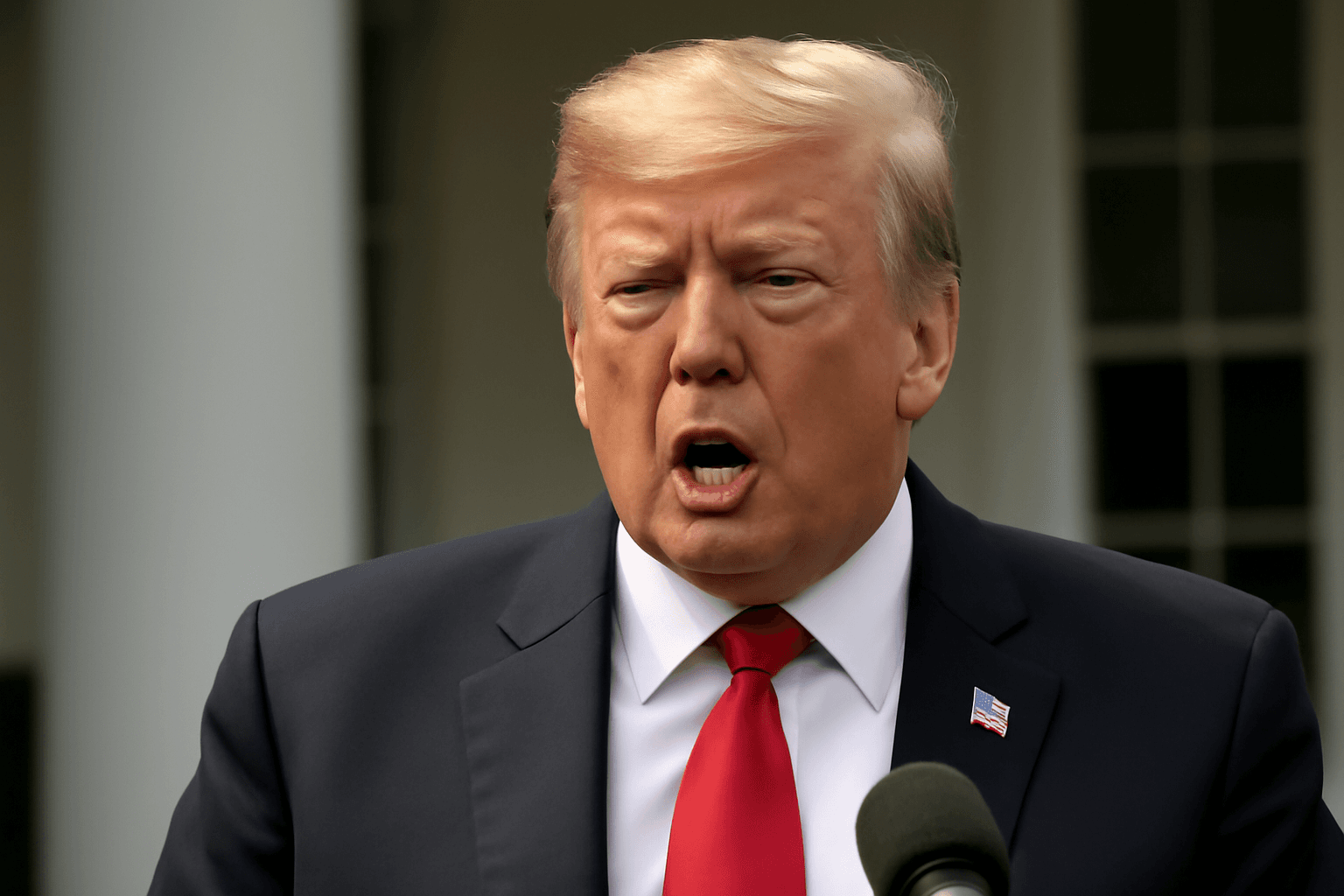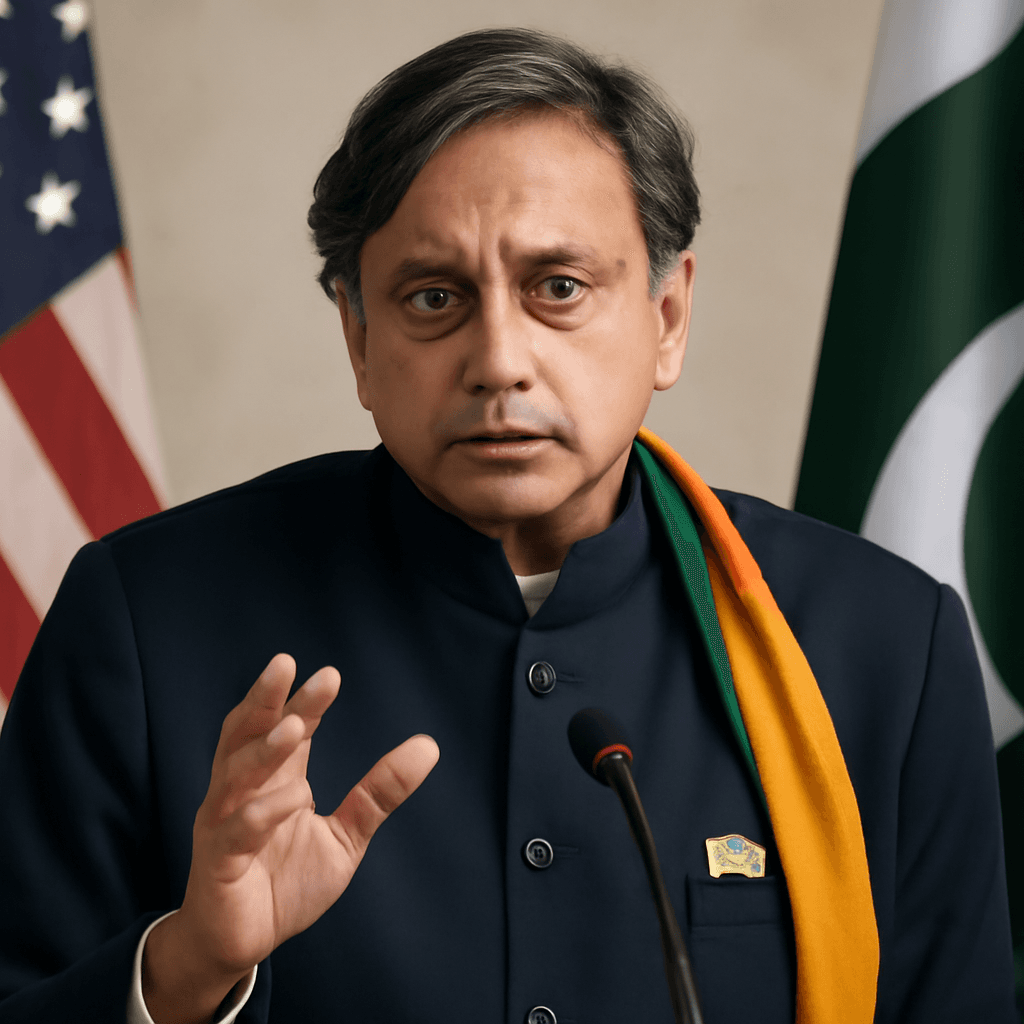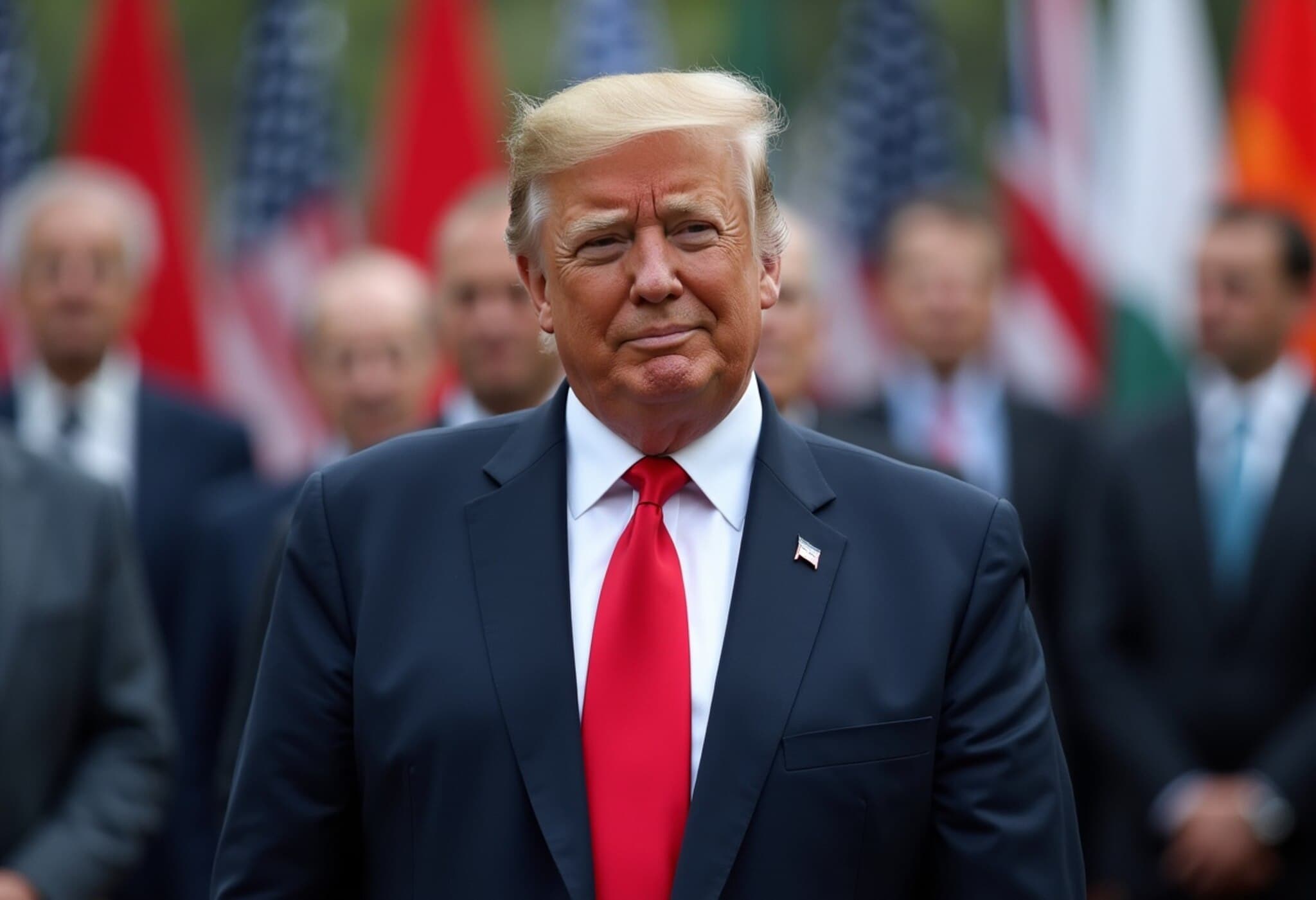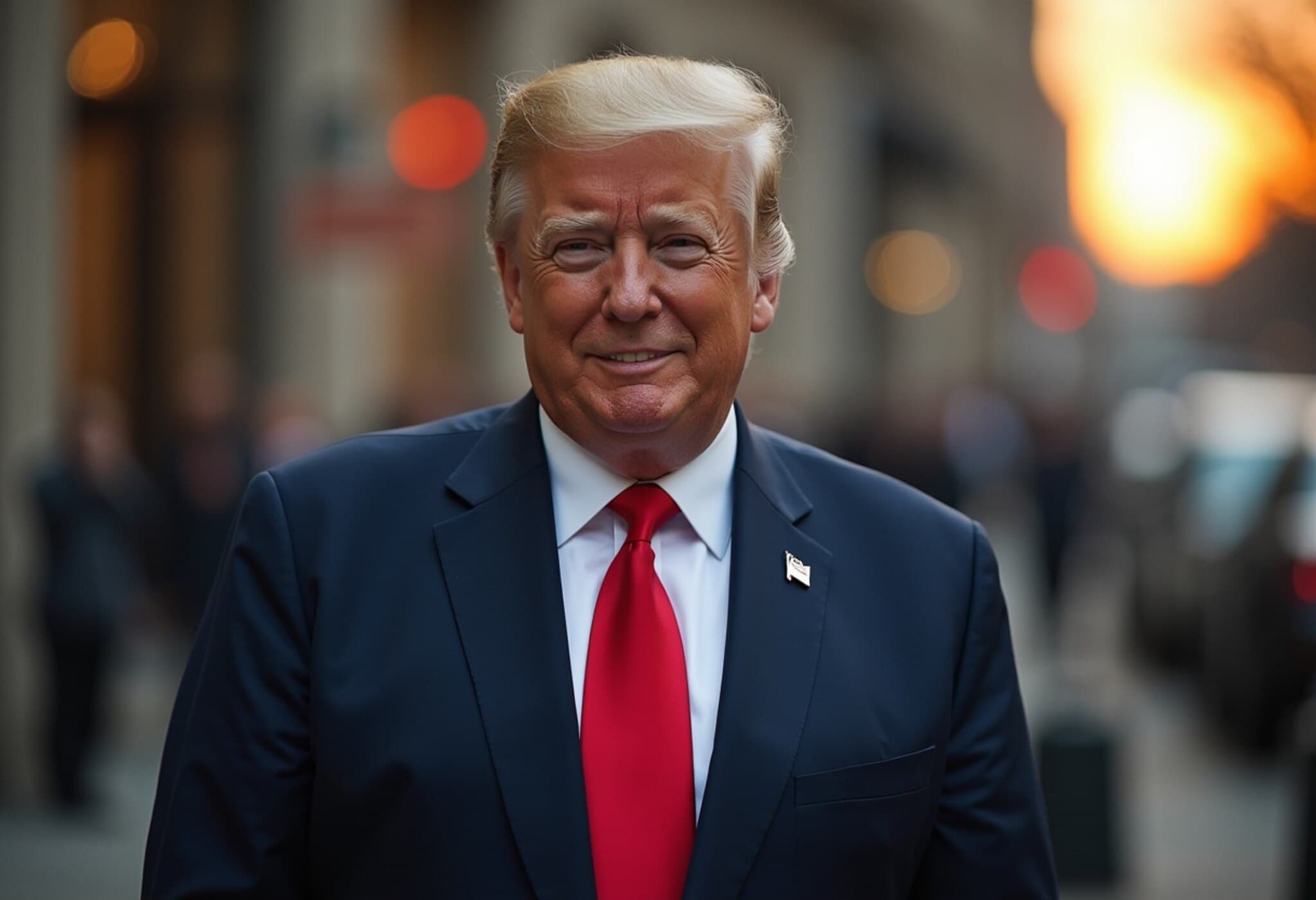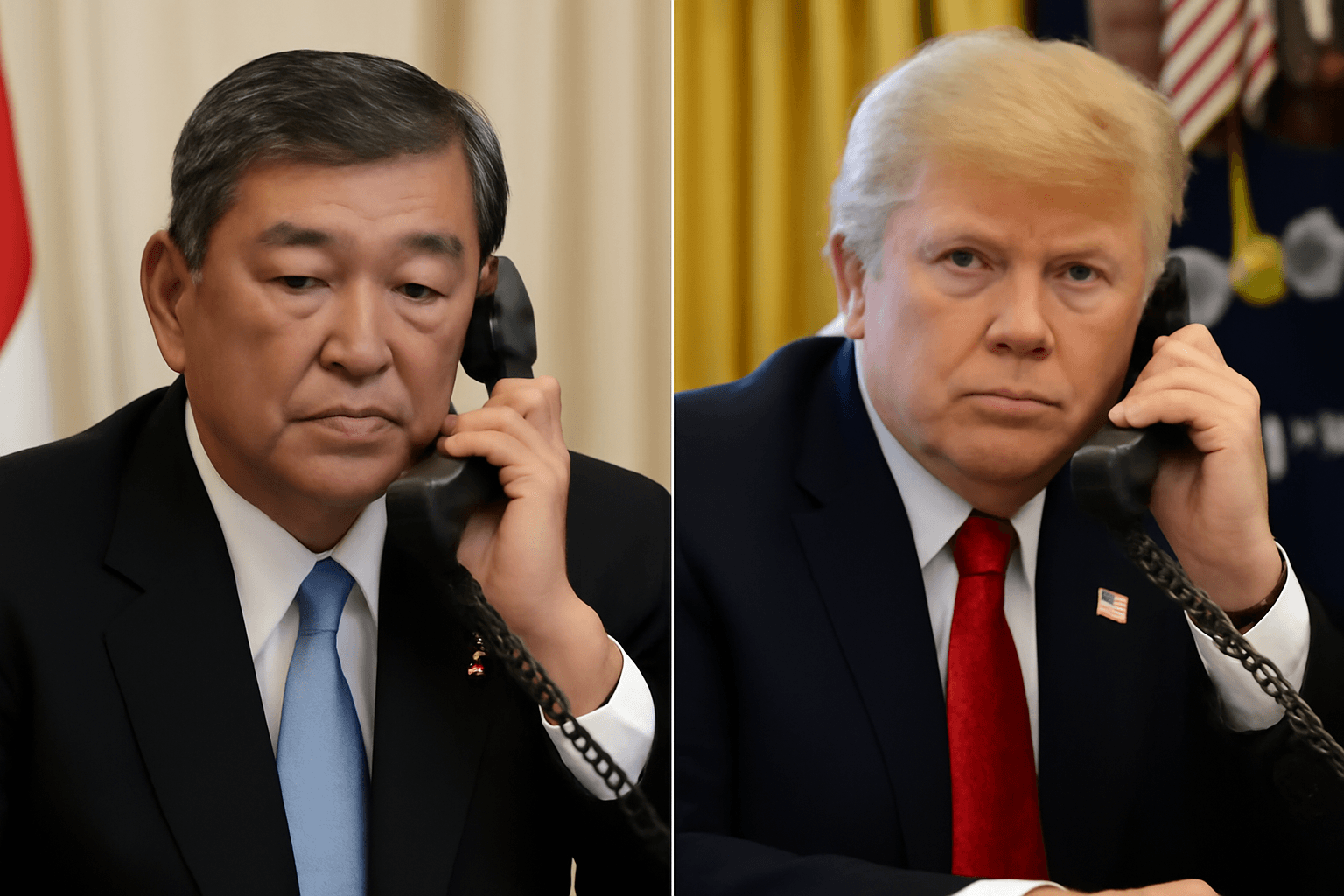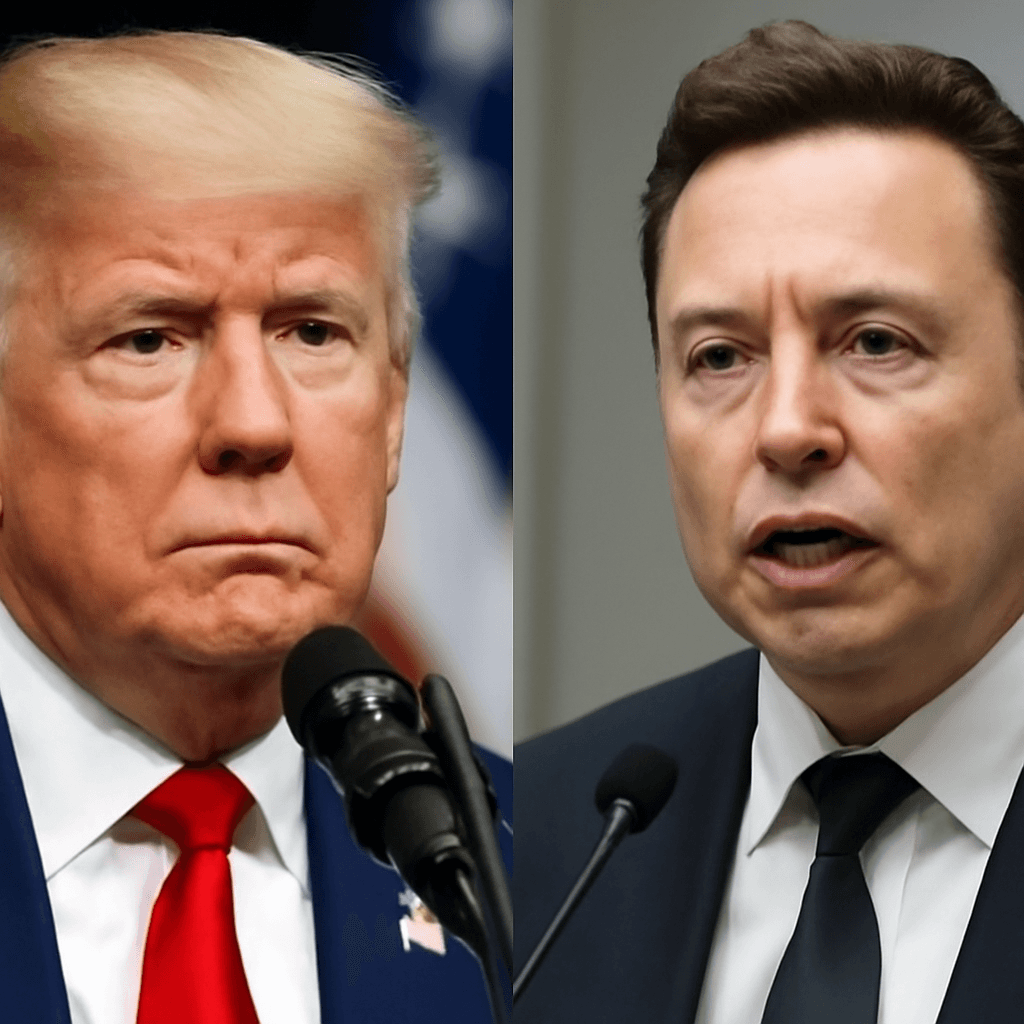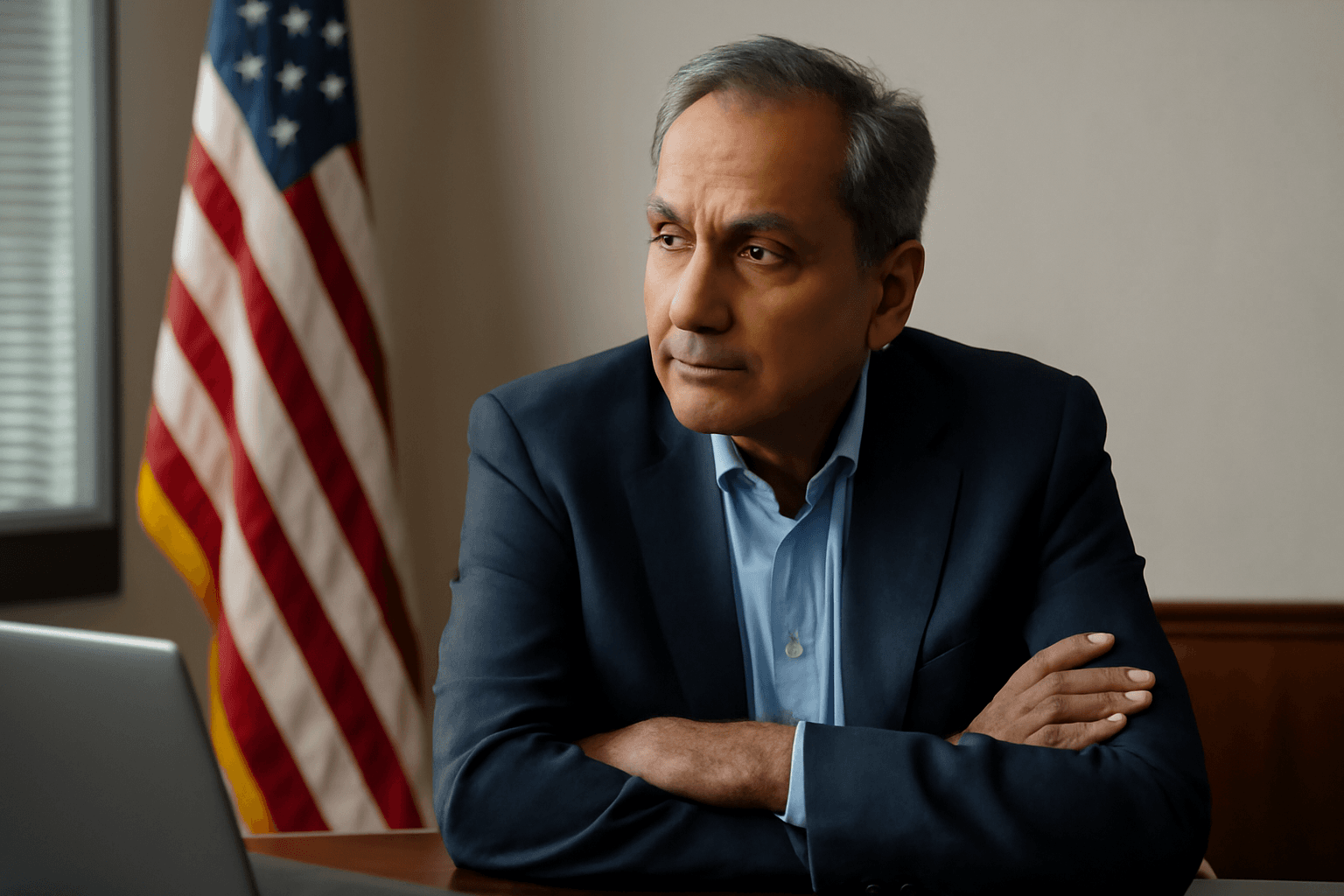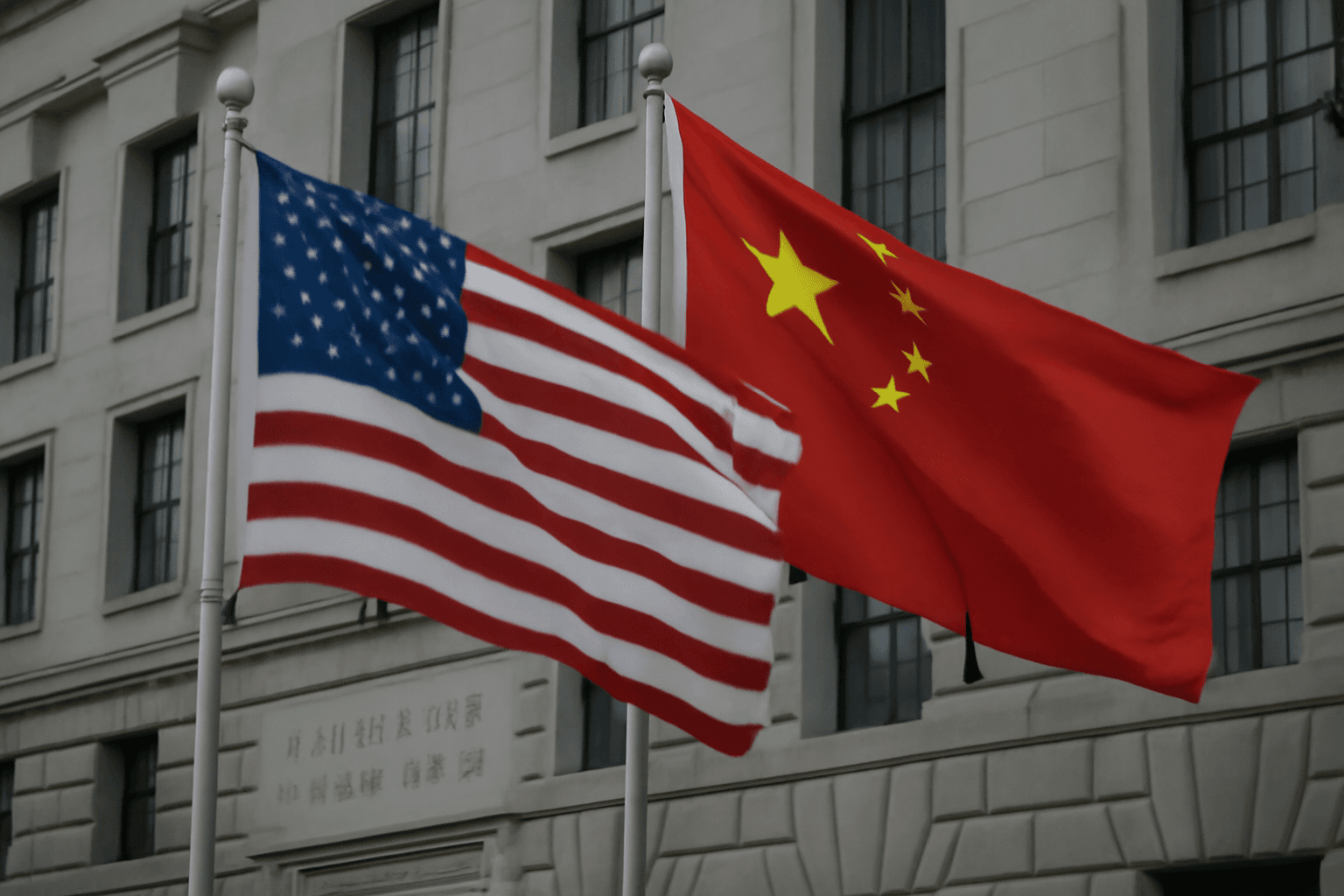US officials defending former President Donald Trump’s trade policies recently stated in a US court that his intervention helped prevent a full-scale war between India and Pakistan. The testimony claimed that a tenuous ceasefire was achieved only after Trump offered both nations trade access to the United States, despite India's repeated denials of any US mediation in the conflict.
In court declarations submitted to the US Court of International Trade, key members of Trump’s cabinet, including Secretary of State Marco Rubio, Secretary of Treasury Scott Bessent, Secretary of Commerce Howard Lutnick, and US Trade Representative Jamieson Lee Greer, emphasized the strategic importance of preserving presidential authority to impose tariffs. They argued that restricting these powers could jeopardize critical trade agreements, US foreign policy, and even regional security in South Asia.
Secretary of Commerce Lutnick highlighted that the ceasefire between the nuclear-armed neighbors was secured only after Trump’s intervention, which involved offering trade incentives. He warned that any court ruling limiting presidential tariff powers might lead India and Pakistan to reject US trade proposals, potentially reigniting conflict and threatening millions of lives. Lutnick further noted that Trump's tariff measures enabled a temporary 90-day agreement to reduce Chinese tariffs on US exports, illustrating the broader strategic use of economic tools.
However, Indian government officials have consistently rejected the claim of US mediation. India’s External Affairs Minister S. Jaishankar clarified in recent interviews that the pause in firing on May 10 was a direct negotiation between the Indian and Pakistani militaries. India does not officially recognize the arrangement as a ceasefire.
Senator Rubio reinforced concerns that diluting presidential authority under the International Emergency Economic Powers Act (IEEPA) could undermine US national security and encourage retaliation against American exports. He noted that the threat of additional tariffs from the Trump administration had deterred foreign trade retaliation thus far.
The ongoing litigation challenges the so-called Liberation Day tariffs imposed under Trump’s administration, with a ruling from the Manhattan-based court expected soon. Meanwhile, the US continues bilateral trade negotiations with India, seeking to address the US trade deficit, with Trump claiming India had offered a deal featuring near-zero tariffs.

